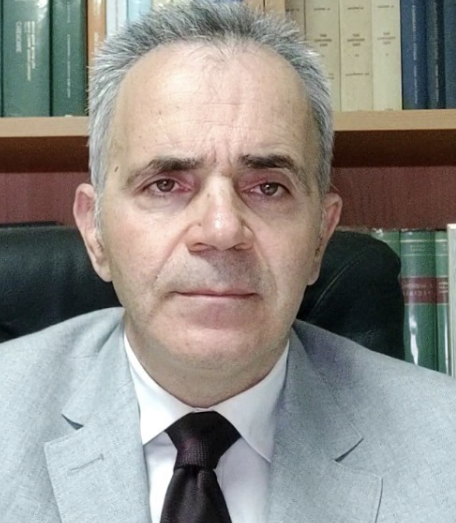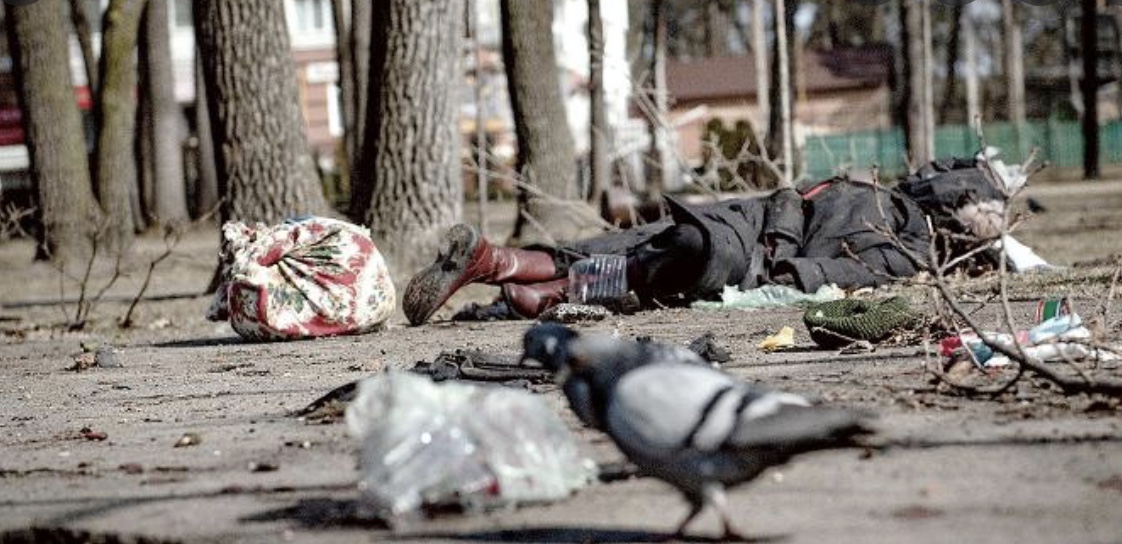(by Giuseppe Paccione) As it turned out, the international community, with the broad support of the United Nations General Assembly and the Human Rights Council, adopting the resolution A / ES-11 / L.1, condemned the Russian aggressive act against Ukraine. The threat or use of military coercive action contrary to the UN Charter is clearly illegal under international law and international criminal responsibility could arise from the decision to engage in aggressive conduct. I believe that international society itself must, in every way, take steps to ensure responsibility for the serious violation through the aggression of international law, in order to pay more and more to the UN Charter and to support the international legal order which is founded on the pillars of standards.
In light of the non-competence of the international criminal judicial body to prosecute the crime of aggression committed by citizens of states that are not contracting parties to the Statute of the International Criminal Court, as in this case both Russia and Ukraine have not ratified the Statute of Rome, a range of proposals have emerged on how criminal jurisdiction can be exercised in the situation of the Ukrainian crisis. The UN General Assembly, for example, could recommend the establishment of one Hybrid Criminal Court or mixed and internationalized, for the crime of aggression to be negotiated and agreed between the United Nations and Ukraine, take for example the Special Tribunal for Sierra Leone established with an agreement between the UN bodies and the local government.
Certainly, it can be considered that a Tribunal established through the resolution recommended by the UN General Assembly provides different advantages. In the first place, the approach would be that of the plenary assembly of the United Nations, which is characterized by the phenomenon of multilateralism, not only but it is considered the body without any doubt appropriate to turn to when the mechanism of the UN political body comes to jam from power of veto by Russia. Secondly, as has already been mentioned, one can take the example of the Special Court for Sierra Leone, constituting a mixed criminal court, which was the expression of the will of the State itself and is not an Onusian body, wanted by an agreement between the Secretary General of the United Nations, who had received the mandate by the Security Council to negotiate with the Sierra Leonean government, and by the President of Sierra Leone; but also the model of the international court hybrid o misto of the Extraordinary rooms established under the Cambodian courts, in which foreign judges and prosecutors were present, alongside national ones, in order to ensure a fair trial. The establishment of these Special Chambers was adopted by one resolution approved by the United Nations General Assembly. These two examples show the possibility that it is possible to establish a court without having to go through the UN political body, which would give the Kiev government the opportunity to grant a mixed court. Thirdly, a mixed court would avoid, for example, the question of immunities to state organs and be able to try them.
In the opinion of the writer, one could think of a modification of one or two sentences of the jurisdictional rules of the Statute relating to International Criminal Court, rather than setting up a court scratch e and following the best practices. It is well known that the negotiations or negotiations on the subject of the crime of aggression have been long and controversial, due to the very different positions on the part of the contracting states of the Rome Statute on the merits of jurisdiction. While an amendment within the statute would be the best route, it is very likely that the political will probably does not wish to expand the jurisdiction of the crime of aggression that involves non-contracting states to the statute. Such negotiations would involve participation in the working group on amendments by the Assembly of States Parties of the International Criminal Judicial Body, negotiating an amendment that is accepted by all members of the assembly. In any case, all States should show their willingness to adhere to the Rome Statute where it has been amended the institute relating to the crime of aggression during the 2010 Kampala Conference. Only from that moment will the full application of the prohibition of the threat and use of armed force pillar of the UN Charter, when each State expresses its willingness to agree on the question that its citizens do not commit the crime of aggression or will end up under the lens of the instrument of investigation and prosecution on a criminal level.
Proposals have been presented for weeks to set up a court in Ukraine, analogous to that of Nuremberg, to prosecute the crime of aggression in the situation of the Russian-Ukrainian conflict, even though the Nuremberg court was considered a victor's execution institution. Clearly, there needs to be swift categorical action by the General Assembly and an agreement that should be swiftly concluded between the United Nations and the government authorities in Kiev on the establishment of a hybrid crime court. aggression. Responsibility must be ensured for the violation of the provision of the UN Charter on which the entire international order is anchored, that is the prohibition of the coercive action of the armed force, enshrined in black and white in the United Nations Charter.

